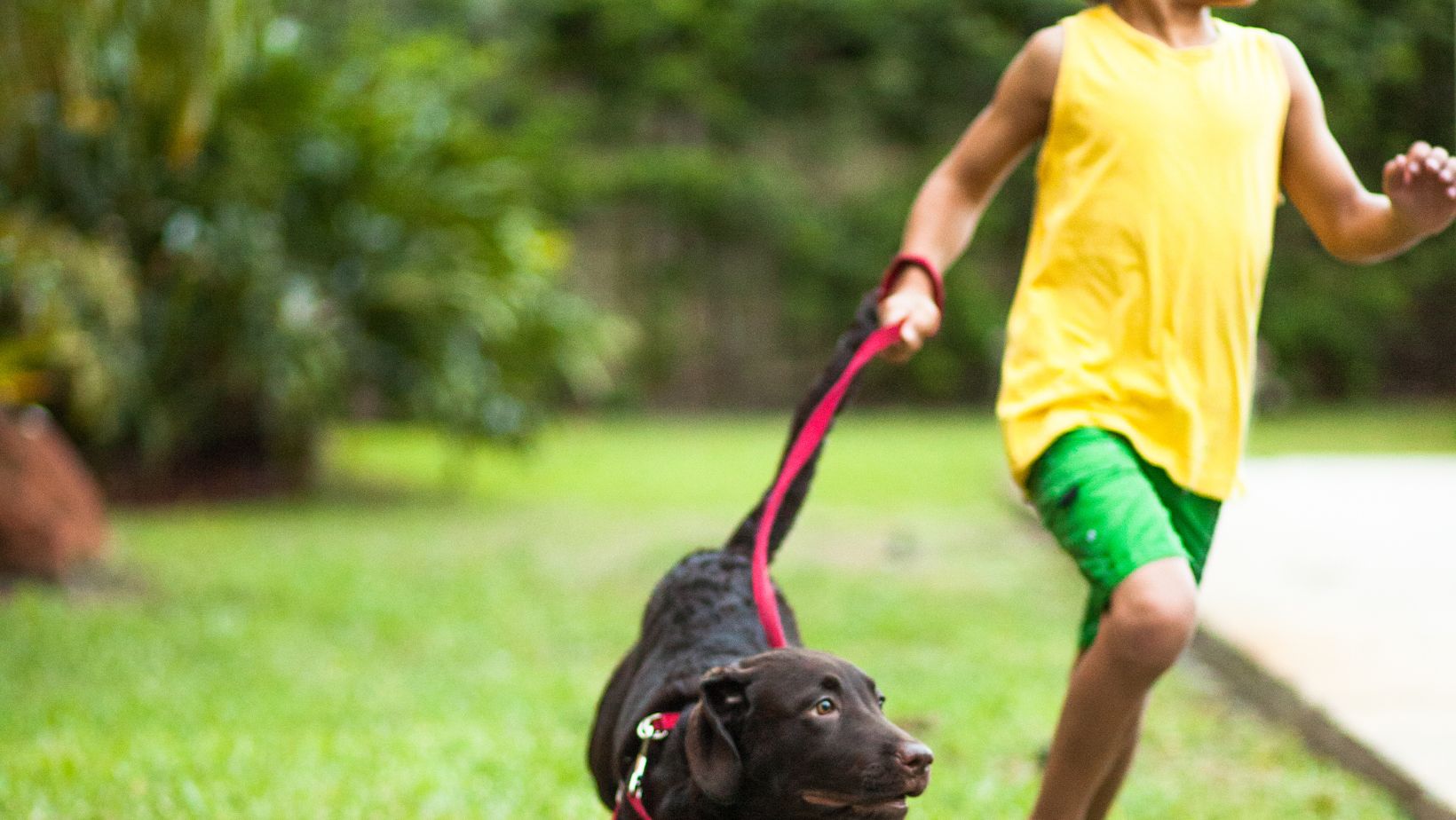How to Kennel Train an Older Dog
Are you considering kennel training an older Labrador? Well, it’s never too late to start! Older dogs can still learn new tricks, including adapting to a kennel or crate. Kennel training provides a safe and comfortable space for your Labrador, especially when you’re away from home or need them to be contained temporarily.
When it comes to kennel training an older Labrador, patience is key. Begin by introducing the kennel as a positive and inviting space. Place comfy bedding and enticing toys inside to help create a cosy environment. Gradually encourage your dog to enter the kennel using treats or praise, making sure they feel comfortable at their own pace.
Remember that consistency is vital during the training process. Start with short periods of time in the kennel and gradually increase the duration as your Labrador becomes more accustomed to it. Avoid using the kennel as a form of punishment; instead, make it a positive experience for your furry friend.
By following these steps and providing plenty of positive reinforcement, you’ll soon have an older Labrador who feels secure and content in their new kennel. It may take time for them to adjust, but with patience and consistency, you’ll see progress and ensure that it’s never too late to introduce this valuable training tool into their routine.

Creating a Positive Association with the Kennel
To ensure successful kennel training for your older Labrador, it’s crucial to create a positive association with the crate. Start by introducing the kennel as a place of comfort and reward. Place enticing treats or toys inside and encourage your dog to explore it at their own pace. Gradually increase the time they spend inside until they feel relaxed and content.
Additionally, make sure to never use the kennel as a form of punishment. It should always be seen as a safe retreat rather than a place where your Labrador is confined against their will. By using positive reinforcement techniques and patience, you can help your senior Labrador see their crate as an inviting space that brings them joy.
In conclusion, kennel training offers numerous benefits for older Labradors. From providing security and reducing separation anxiety to aiding in potty training and facilitating travel, introducing your senior dog to a crate can greatly enhance their overall well-being. Remember to approach this training method with positivity and consistency, allowing your furry friend to develop a strong bond with their new cosy sanctuary. Assessing Your Older Labrador’s Needs
When it comes to kennel training an older Labrador, it’s essential to take the time to assess their specific needs. Every dog is unique, and understanding what your furry friend requires will help you tailor the training process accordingly.
Here are a few key areas to consider when assessing your older Labrador’s needs:
- Health and Physical Condition: Start by evaluating your dog’s overall health and physical condition. Check for any existing medical conditions or mobility issues that may need special attention during the training process. Consulting with your veterinarian can provide valuable insights into any specific requirements or modifications needed for your Labrador.
- Behavioural Patterns: Take note of your Labrador’s behaviour patterns, both positive and negative. Identify any potential fears, anxieties, or triggers that could affect their comfort in a kennel environment. For instance, if they have separation anxiety, you’ll need to address this as part of their training plan.
- Previous Experience: Consider whether your older Labrador has had previous kennel experience or if this is entirely new territory for them. Dogs with prior exposure may adapt more quickly while those unfamiliar with crates may require additional patience and gradual acclimation.
- Exercise and Mental Stimulation: Labradors are known for their high energy levels, so ensure they receive ample exercise and mental stimulation throughout the day. A tired dog is generally more receptive to training and will be more likely to relax in a kennel when needed.
- Comfort Essentials: Provide a comfortable space within the crate by adding soft bedding, familiar toys, and perhaps an item with your scent on it (such as an old t-shirt). This will help create a soothing environment that encourages relaxation when inside the kennel.
By carefully considering these factors when assessing your older Labrador’s needs, you’ll be better equipped to develop a tailored approach to kennel training that addresses their individual requirements effectively.